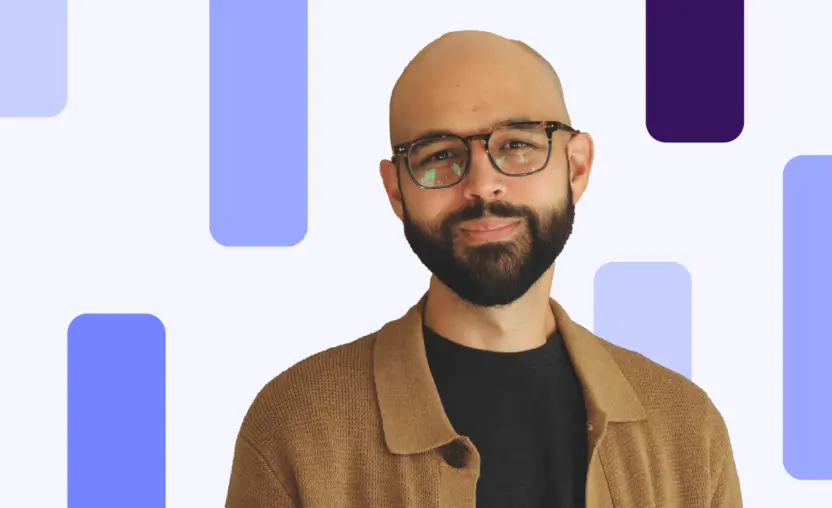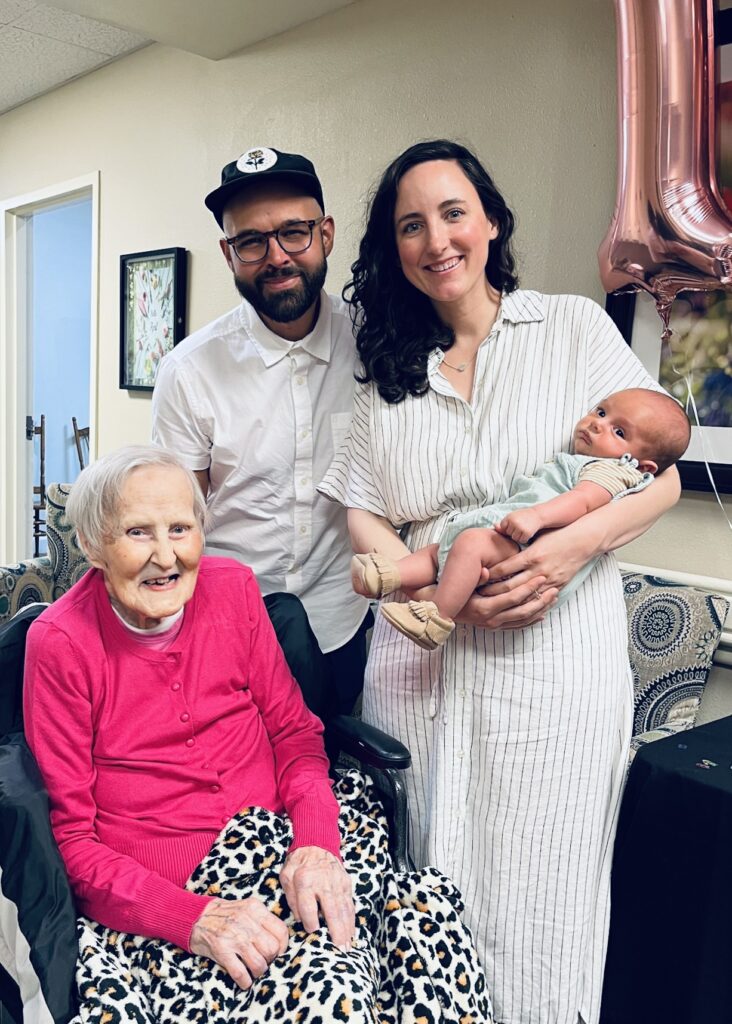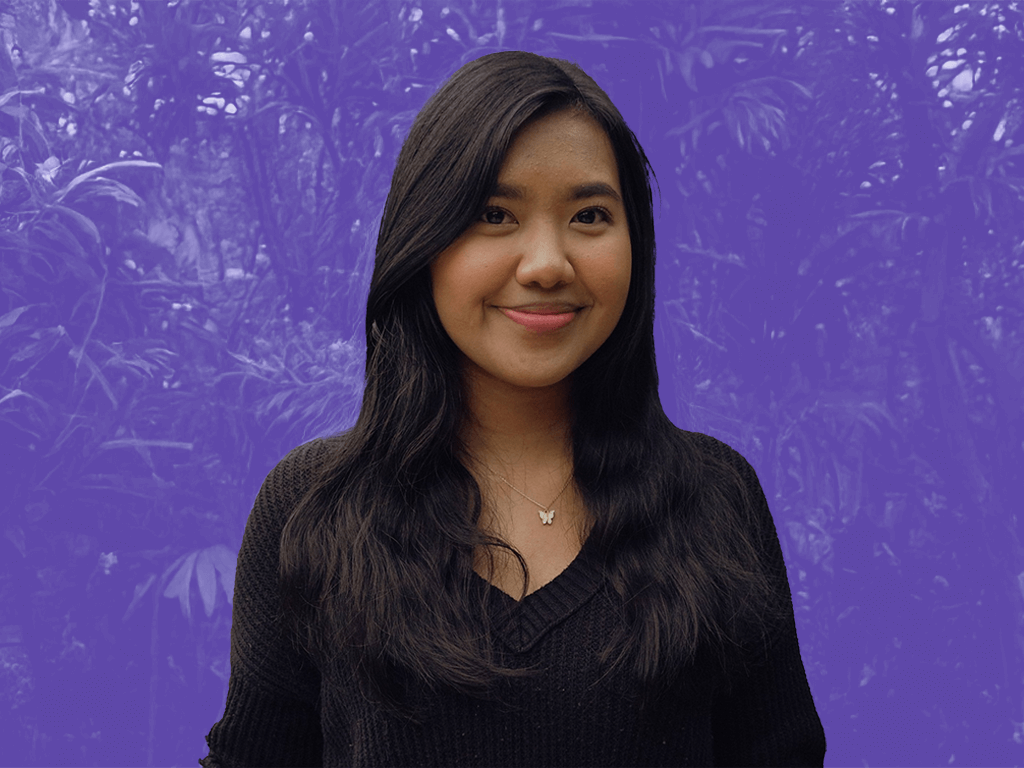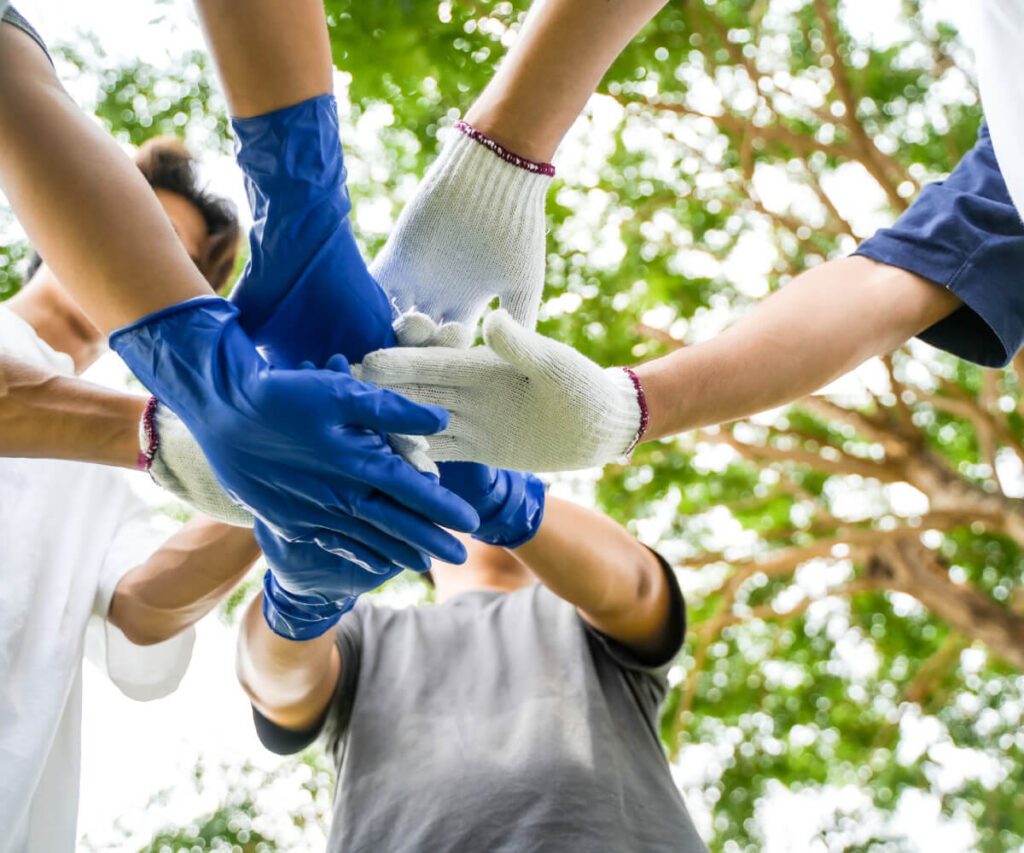Being Bonterra: Cameron Navarro’s mindfulness in customer success

Imagine this: You’ve just signed your organization up for social impact software. You have questions about how to make the most out of the vendor partnership. You call your onboarding consultant in customer service. The person who answers your questions has the skills of a counselor, the heart of a social justice warrior, and the compassion of a mindfulness teacher.
When you’re a Bonterra customer, that’s not an imaginary scenario — that’s Cameron Navarro. As an onboarding consultant, Cameron has used the winding path of his career to help solve customer problems. As a person living with chronic illness, a father, a meditation teacher, and a proud member of the Latinx and LGBTQ+ communities, Cameron’s desire to help others stems from his life experiences, the people who’ve supported him, and a book that changed his life.
Discovering joy through giving
A native Texan, Cameron identifies as Chicanx. In middle school, he realized for the first time that he was a minority in a mostly white suburban area. “I realized, Oh, I’m different. I’m not like them, and they’re making sure I know it. People really like to talk about the color of my skin. People really like to talk about what I am. That’s when I started to understand a little bit more about these communities and these labels and exploring what that meant to me.”
He grew up active in his community, volunteering with the National Junior Honor Society as a teen. He describes the moment he saw his actions could have a positive impact on society. “Seeing that there was a way that we could all help each other was powerful. If someone had a need, we could try and meet it. And seeing that there is a collective wanting of doing good…there’s a joy from it. I feel more a part of something bigger than myself when we’re helping each other out.”

But Cameron’s faced challenges. He dealt with serious health issues as a young man and needed a new kidney. His partner stepped up and donated hers to him. They now share an 8-month-old son. Following a professional hiatus, Cameron’s degree in religion led to a master’s degree in social work, where he learned crucial empathy skills he now uses every day.
To combat stress, Cameron had been curious for years about yoga and meditation, but the practices never stuck — until he discovered Dan Harris’ book, “10% Happier.” It provided an accessible entry point for the practice of meditation, helping Cameron gently unravel tension by teaching him to be at peace with whatever he’s feeling at any given moment. “This idea is that it’s not solving problems. It’s not answering all these questions, but maybe it makes me about 10% happier each day just by setting aside a little bit of time to stop and just sit with whatever is currently there.”
“I feel more a part of something bigger than myself when we’re helping each other out.”
A mindful approach to CS
Cameron’s interest in mindfulness grew into a passion. It became another way he could help his community. He has since completed an eight-week course on meditation, written for publications on mindfulness, and became qualified to teach Mindfulness-Based Stress Reduction (MBSR). He’s currently serving as an adjunct professor at Texas Christian University teaching MBSR for healthcare professionals and social workers.
In 2023, a friend told Cameron about Bonterra, a company where he could use soft skills to sell software for social good organizations. It created the opportunity to enact positive change while supporting his young family. He appreciates each moment he gets to collaborate with a customer to find solutions. “I love this idea of coming to work and saying, ‘How can we solve your problem together in a way that empowers you and ensures you’ve achieved your goal?’”
On Bonterra’s mission to raise national giving to 3% of GDP by 2033, Cameron is in it for the long haul. “The way I see these things is: Let’s keep pushing. We have a goal that’s very quantifiable, that’s very uniting. How can we help our partners more effectively tell their stories? How can we lessen administrative burdens? I know from experience the amount of paperwork and grantwriting that these organizations are doing. So how do we make it as easy as possible for them to get the funds to do the work that they need to do? And how do we make it as easy as possible for the donors to get their money to the organization and say, ‘Yes, I’m involved. I’m invested. I’m excited about this.’”
“We are by no means a monolith. And sometimes there will be a lot of people telling you there’s only one way to be a part of this community,”
On empowering his community
Cameron is still learning how to own his identity as a Chicanx individual, but through mindfulness, social work, and life experience, he’s gained even more insight into and compassion for himself and his community. “We are by no means a monolith. And sometimes there will be a lot of people telling you there’s only one way to be a part of this community,” he says. He points out how assimilationism and the erasure of Spanish in families who’ve immigrated to the United States affected his sense of identity, but that he’s come to own it as part of his story. “I don’t speak Spanish, but I’m still Brown,” he says.
Cameron’s journey is a lesson on advocating for oneself and community on the journey to well-being. When asked his advice for others seeking wellness in the Latinx community, he reflects on the lessons he’s learned. “I’d say everyone in our community, no matter what label you use, what your history is, what your beliefs are — you deserve rest, and you deserve wholeness. Take care of yourself. Trust yourself. Go on walks. See a doctor you trust. Take naps. Try new things. You deserve to live life the way you want to live.”
Work with Bonterra



